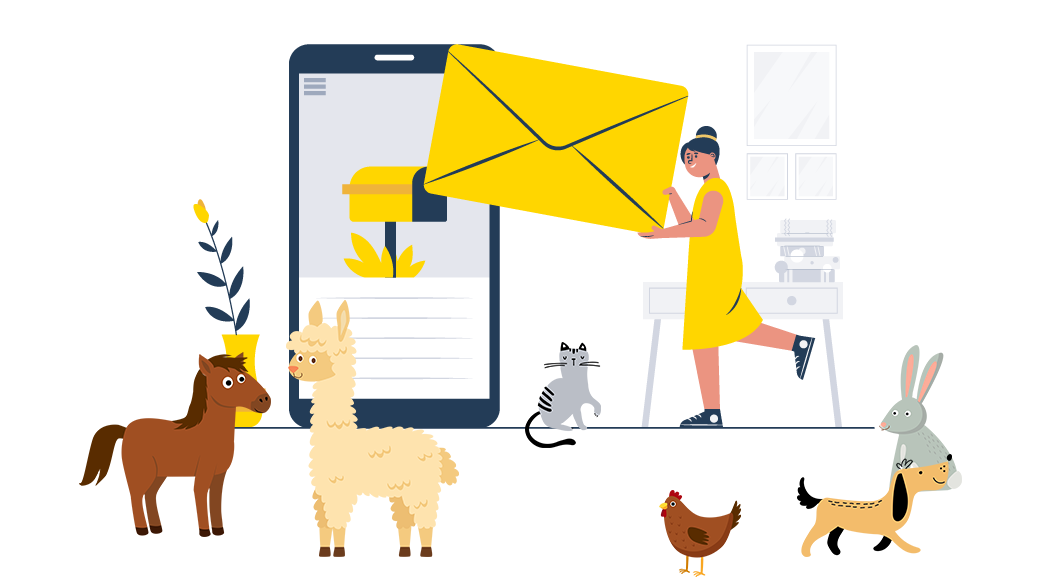



Advancing health, disability and well-being through animal-assisted services
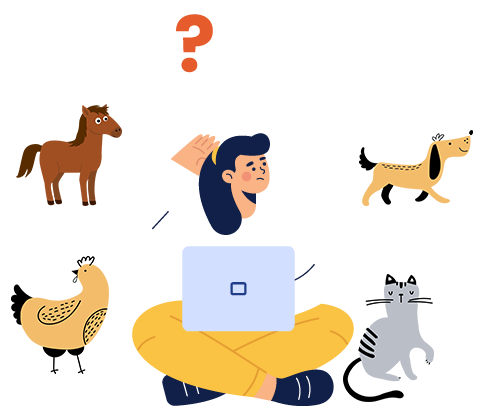
 1 August, 2025 09:00 am
1 August, 2025 09:00 am
Brian Zanker
ATL Chair

Summer Farrelly
ATL Youth Ambassador

 1 August, 2025 09:30 am
1 August, 2025 09:30 am
Sheetal Balakrishnan
Justice and Equity Centre

Sheetal joined the Justice and Equity Centre’s Strategic Litigation team in 2021 and leads the 'A Fairer NDIS project" where she uses her specialist knowledge of NDIS policy, laws and regulations to empower disability rights advocates and to compel systemic change. Sheetal represents clients in the Administrative Appeals Tribunal (AAT) who are seeking review of NDIA decisions. Sheetal shares the work she has been doing on the rights of assistance animal handlers.
 1 August, 2025 10:00 am
1 August, 2025 10:00 am
Sam Nix
Animal Therapies Ltd

On 26 July 2025 ATL will make a submission to the Commonwealth Department of Social Services (DSS) in response to public consultation about current NDIS Rules. The submission focused on:
 1 August, 2025 10:30 am
1 August, 2025 10:30 am
Lisa Robinson
Assistance Animals International

Madeleine Flynn
Inspirit Therapy
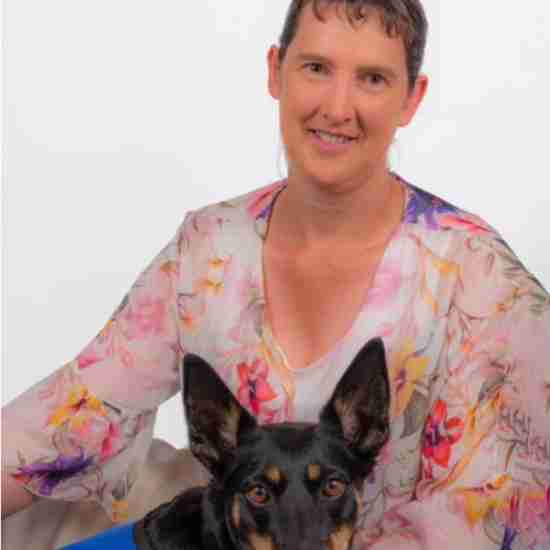
Jay Anderson
SW Wellbeing Centre

Meg Kirby
The Equine & Animal Assisted Psychotherapy Institute

In this panel discussion, panelists will provide an overview of how they incorporate animals into their scope of practice when working with clients who have a disability. Case studies will be shared as well as insights into referral pathways and why working alongside animals better support their client goals.
 1 August, 2025 11:45 am
1 August, 2025 11:45 am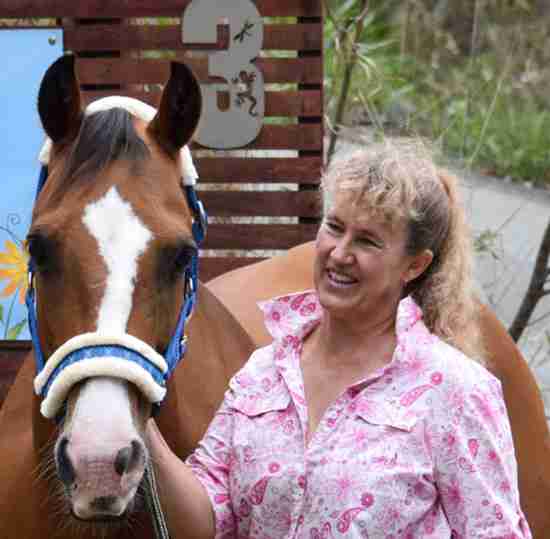
Anne Pearson
Field of Dreams

Shadia Hancock
Speech pathologist

Sarah Munn
Barefoot Therapists

Lainie Cameron
University of Southern QLD

In this panel discussion, panelists will provide an overview of how they incorporate animals into their scope of practice when working with clients who have a disability. Case studies will be shared as well as insights into referral pathways and why working alongside animals better support their client goals.
 1 August, 2025 01:00 pm
1 August, 2025 01:00 pm
Sarah Macdonald
Canine Comprehension

Jill Strachan
Education Queensland, Arundel Park RDA

Talitha Clements
Cornwall House OT
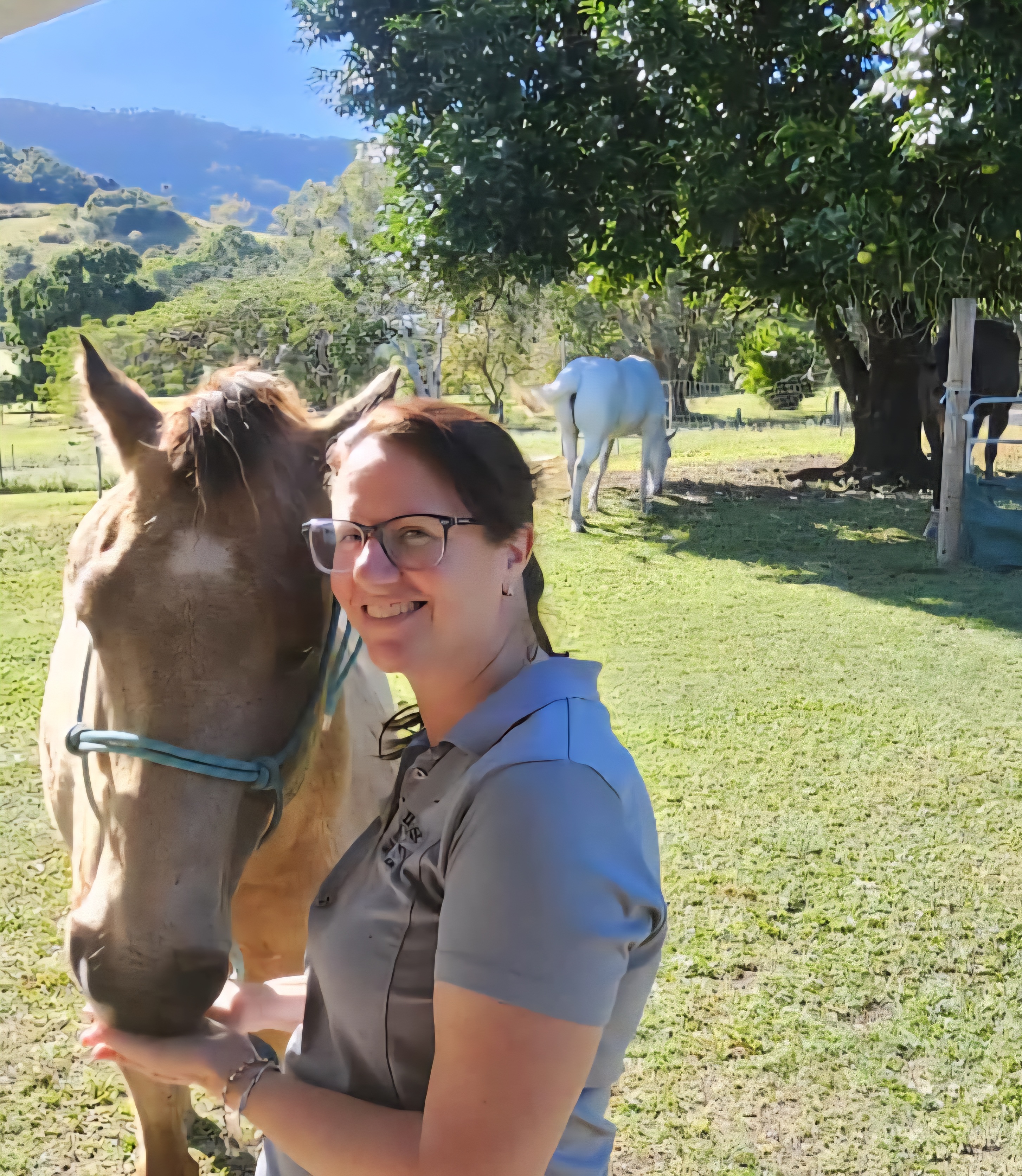
Nadia Knight
Developmental Educator; Montrose Hills Therapy |

 1 August, 2025 02:15 pm
1 August, 2025 02:15 pm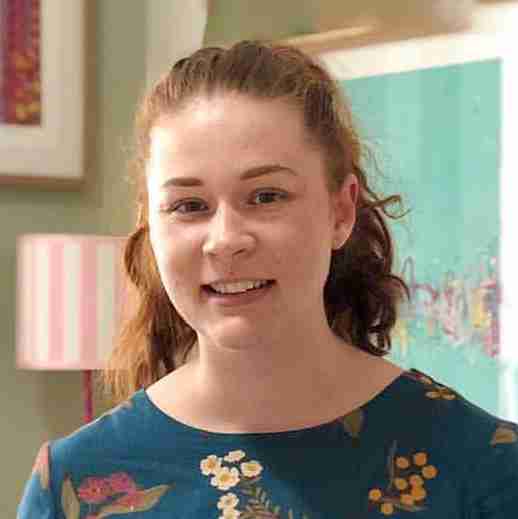
Morgyn Stacy

 1 August, 2025 03:30 pm
1 August, 2025 03:30 pm
Wendy Coombe
ATL founder

Carolyn Moorshead
ATL Partnerships & Fundraising

Wendy and Carolyn will discuss what it would mean for thousands of Australians if a National Fundraising Campaign was rolled out each year to generate enough funds to help those in need who have no other means of accessing animal-assisted services. Wendy and Carolyn will outline what is currently being done, what needs to happen and how the ATL community can get behind it .
 1 August, 2025 04:30 pm
1 August, 2025 04:30 pm
Alex Gerrick
ATL Director, Post Traumatic Stress
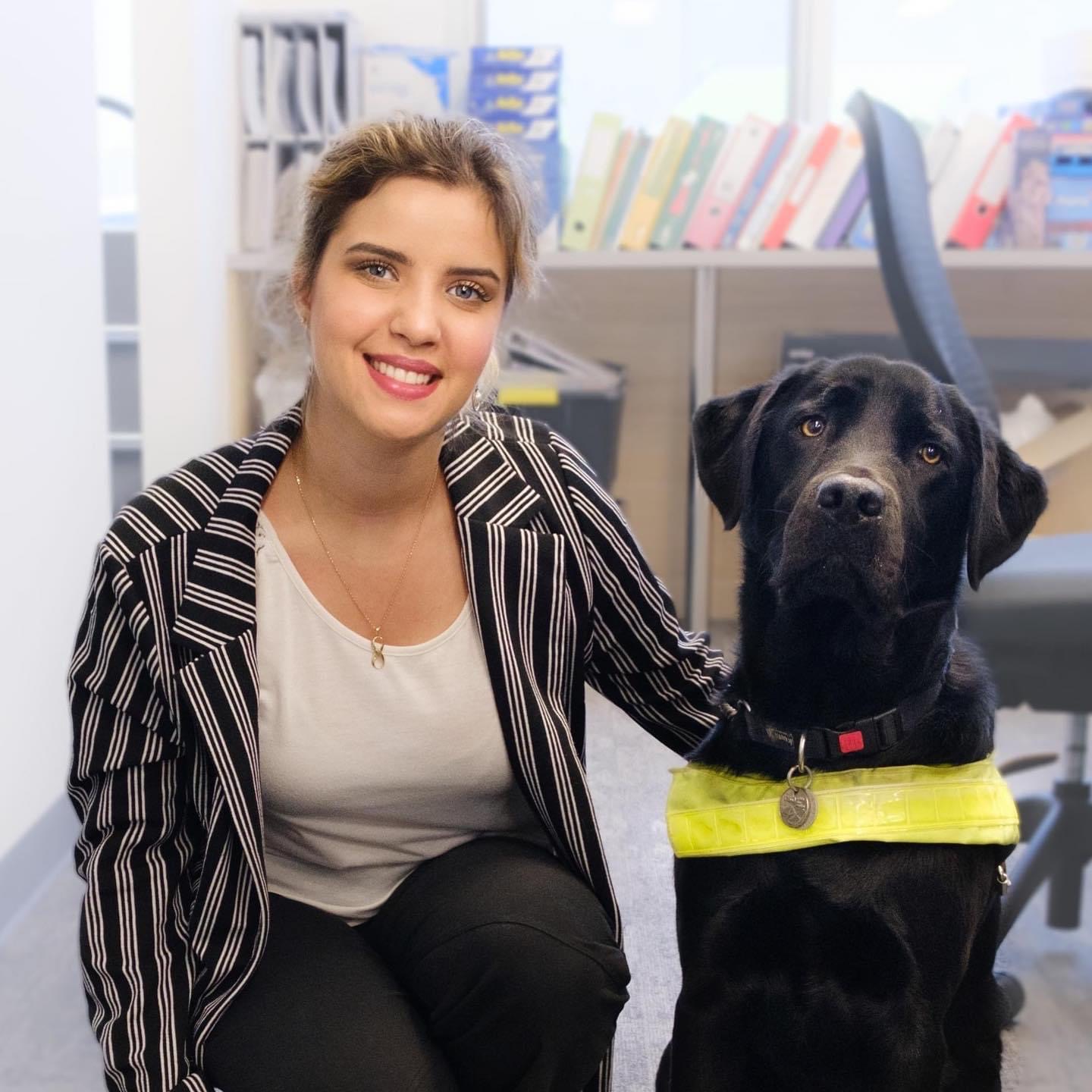
Rachael Leahcar
ATL Ambassador


ATL Chair

Barefoot Therapists

ATL founder

ATL Director, Post Traumatic Stress

ATL Partnerships & Fundraising

Assistance Animals International

Canine Comprehension

Inspirit Therapy

SW Wellbeing Centre

Field of Dreams

Speech pathologist

Education Queensland, Arundel Park RDA

University of Southern QLD

Cornwall House OT

Developmental Educator; Montrose Hills Therapy |

The Equine & Animal Assisted Psychotherapy Institute

ATL Youth Ambassador

Justice and Equity Centre

Animal Therapies Ltd

ATL Ambassador

